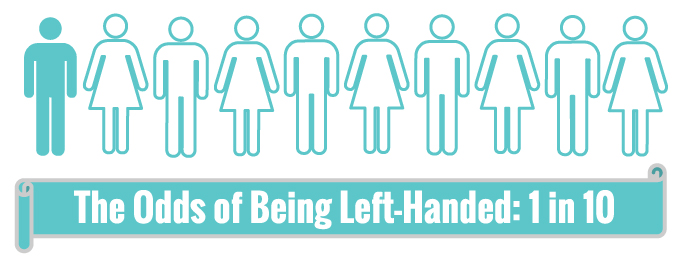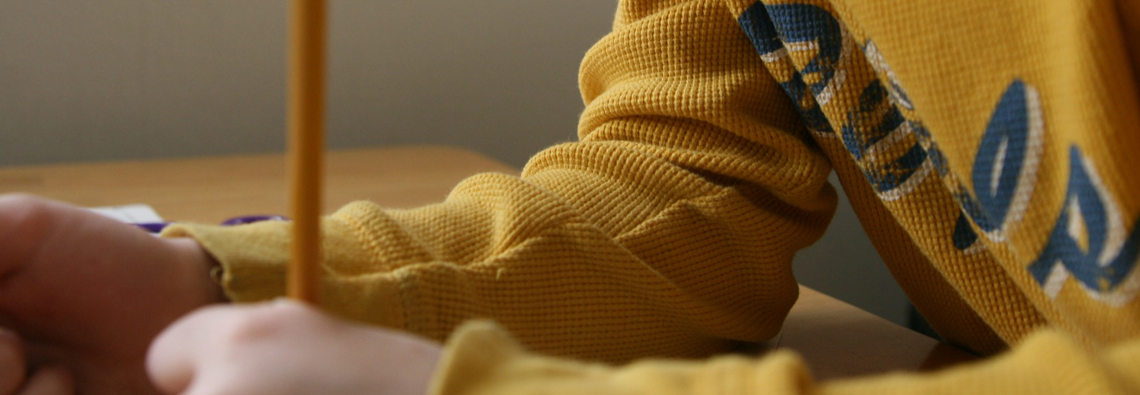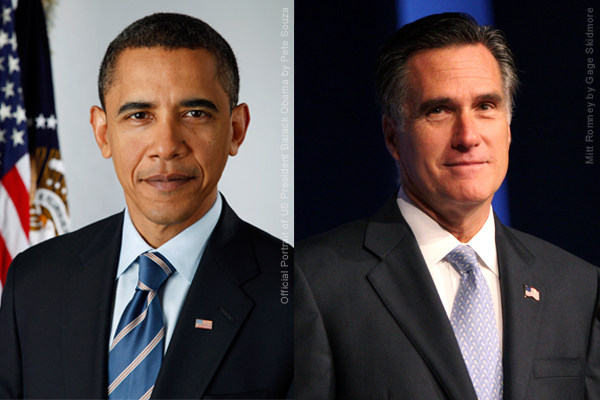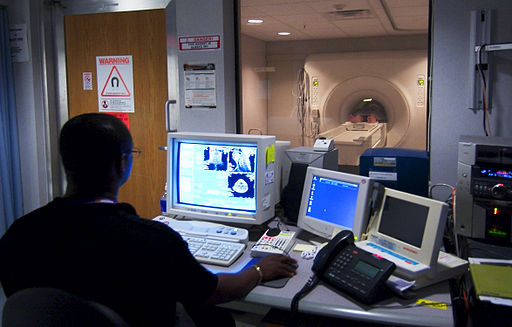By DiscoverTheOdds.com
Updated April 8, 2016
The odds of being left-handed are about 10%. Men’s odds of being left-handed are approximately 1.23 times greater than women’s, according to a meta-analysis of 144 studies.
 The small size of the left-handed population has been so stable through millennia that even the archaeological record bears out the rough proportion of left-handed individuals; ancient cave paintings and archaic weapons indicate that left-handed people have existed as a small minority as far back as the early days of human history. However, despite our general familiarity with how few people are left-handed, left-handedness continues to mystify us. Historically, left-handers have frequently been maligned, and today, although attitudes towards left-handedness have generally softened, what it means to be left-handed is often misunderstood and some aspects of left-handedness remain a mystery altogether.
The small size of the left-handed population has been so stable through millennia that even the archaeological record bears out the rough proportion of left-handed individuals; ancient cave paintings and archaic weapons indicate that left-handed people have existed as a small minority as far back as the early days of human history. However, despite our general familiarity with how few people are left-handed, left-handedness continues to mystify us. Historically, left-handers have frequently been maligned, and today, although attitudes towards left-handedness have generally softened, what it means to be left-handed is often misunderstood and some aspects of left-handedness remain a mystery altogether.

Because the trait was generally looked down upon in Western society, people attempted to force left-handed children to use their right hands until relatively recently. Left-handed people were sometimes considered either defective, evil or both. Stories abound of parents punishing their children for using their left hands or even tying up the left hand to prevent its use. For some, views of left-handedness veered beyond superstition into the realm of pseudoscience. For instance, Cesare Lombroso, a late 19th century Italian physician and criminologist, viewed left-handedness as evidence of a biological regression to primitiveness and furthermore, he regarded this physical characteristic as a basis for distinguishing criminals from noncriminals.
Today: Left-Handedness the Upper Hand?
On the one hand, so to speak, views of left-handedness have improved dramatically over the years. On the other hand, there is still a so much that we just don’t understand about left-handedness. Ironically, the pendulum has swung in the opposite direction when it comes to popular views on handedness and intelligence. Many people believe that left-handers are generally more intelligent than the rest of the population, yet when it comes to IQ, studies have shown that left-handers have only a one point edge over right-handed people. Moreover, from a genetic perspective, an Oxford University study found that the gene associated with left-handedness, LRRTM1, is also associated with dyslexia and increased risk for developing schizophrenia.
Nonetheless, left-handers’ brains do appear to process information differently, processing information across the hemispheres more readily than do right-handers’, a tendency that is thought to be linked to increased creativity and a stronger grasp of spacial relationships. Additionally, a greater number of left-handed individuals than right-handeders demonstrate exceptional ability in mathematics as well as music, as is attested in a study that found a larger proportion of gifted left-handed musicians in professional orchestras as well as studies that revealed a high number of left-handers among students taking tests assessing mathematical giftedness. Left-handedness may also be advantageous in both one-one-one competitive sports (such as boxing and tennis) and one-on-one combat; while left-handers have a great deal of experience with right-handed opponents, right-handers do not have very much experience with left-handers.
Photo Credit: massdistraction/Flickr





